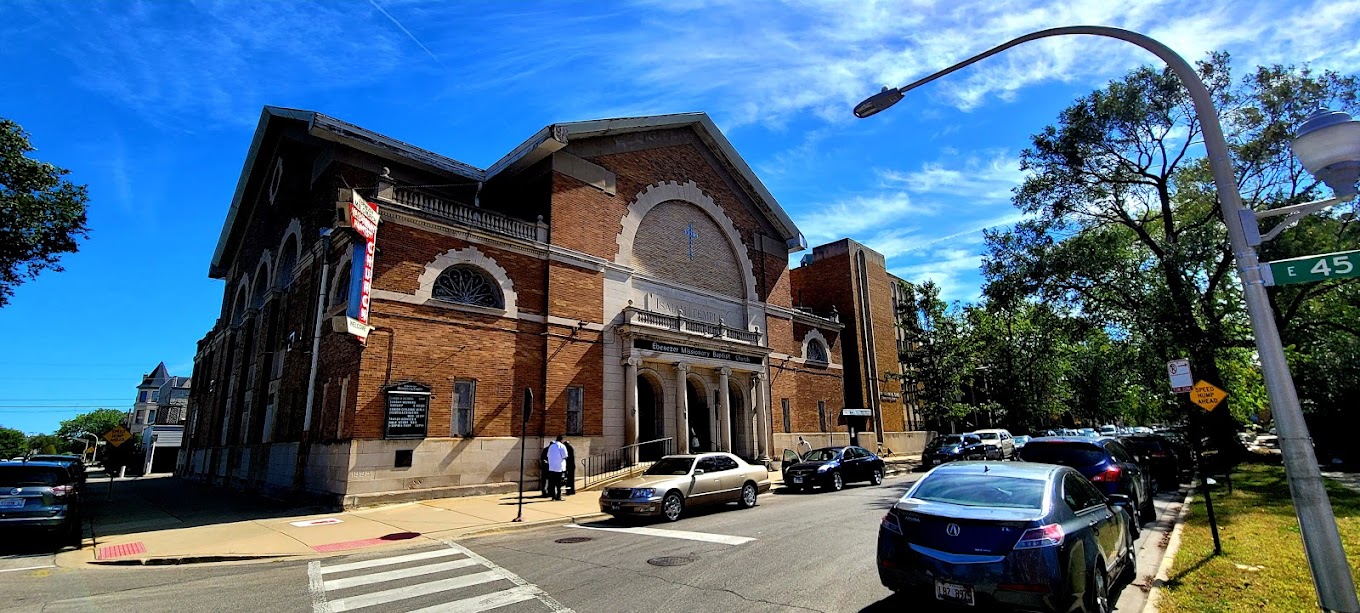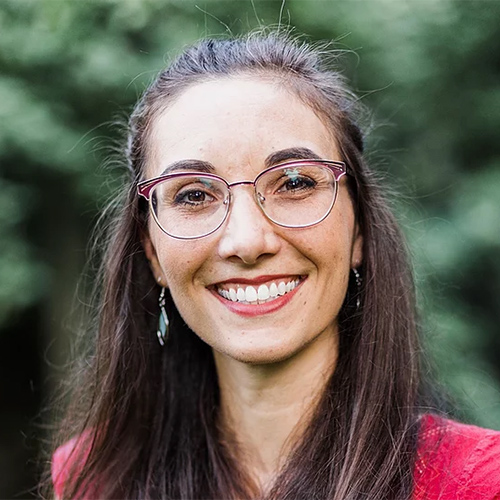Reparations, in the case of Black Americans, seek to address the injustice of the United States in failing to provide compensatory economic resources to emancipated slaves at the end of the Civil War and in perpetuating practices of racism and discrimination.
The very word provokes reactions ranging from awkward seat shifting to overt anger to passive head nodding to enthusiastic activism.
As a white woman who believes in the need for equity and justice for Black people in America, I’ve found myself uninformed and overwhelmed by the multiple directions the conversation and activism around reparations can take. Yet this feeling of overwhelm effectively serves the status quo in the continued devaluation of Black life, and it must be resisted.
I am convinced that I must work daily, individually and collectively with others, to repair the centuries of violence and theft deployed against African Americans. Taking time to thoroughly understand reparations is a critical responsibility in my education and my efforts.
In learning more about reparations personally and professionally, I have found myself asking, “What does it look like for Christians and their institutions to engage in reparations for Black people in the United States?”
To answer this question -- yielding to my theologically trained instincts -- I first turn to what I know about God. The God I know through Jesus beckons us to the work of repair and healing.
But Christian theological frameworks in the United States have often led me and others to skip from harm to “forgive and forget” without the hard reparative work needed to bring healing.
The Rev. Dr. Kelly Brown Douglas, dean of the Episcopal Divinity School at Union Theological Seminary, urges that reparations for faith communities must chart a pathway to a just future rather than seeking only to compensate for past harms.
A Christian conversation about reparative justice must engage the truth of past harm, participate in the present work of repairing our communities, and provide an eschatological witness of a future free from oppression of all kinds. This is necessarily inclusive of, but not limited to, economic repair. We can’t skip over the economic repair into the eschatological witness.
So what does it look like for Christians and their institutions to engage in economic reparations for Black people in this nation?
William A. Darity Jr. and A. Kirsten Mullen describe the process of economic reparations with the acronym ARC: acknowledgment, restitution and closure. These economic processes closely mirror the work of repentance in Christian theology: turning from our sin, atoning for our sin and restoring ourselves to a right relationship.
Darity and Mullen are clear that restitution work is not the same as atonement work, though they serve similar purposes in a reparations process. Atonement is meeting the conditions for forgiveness as agreed to by the wronged. Given the size and diversity of the population of descendants of enslaved Africans, full atonement in those terms is not possible.
Restitution is compensating the wronged in order to restore them to the state before the harm or the state that could have been attained had the harm not occurred. Restitution is economically possible.
There are historically and predominantly white-led institutions, organizations and communities seeking to make apology for the violence against Black people perpetrated in the land we call the United States for the last four centuries. These entities acknowledge their role in the slave trade or the economic benefits received from the undervaluation of Black life and labor.
Communities such as Asheville, North Carolina, have committed to investing in the Black community as acts of reparation. Organizations like Sacred Design Lab have adopted a reparational payment plan as a part of their commitment to collective liberation. Virginia Theological Seminary and Princeton Theological Seminary, both of which have direct ties to chattel slavery, have developed reparations funds and plans.
Such efforts, though important for personal or localized consciousness raising, are by themselves insufficient to address the Black-white wealth gap in the United States. In a webinar with Darity and Mullen, Darity described these localized efforts as atonement work. They may achieve the conditions for forgiveness for some descendants of the formerly enslaved, but they must be paired with nationwide efforts to achieve economic restitution.
We have collective work to do as faith leaders to end the theological rhetoric that allows us to skip the discomfort of restitution and move straight to closure. We have work to do to chart out a course for local and national conversations about and actions to address our historic and ongoing economic benefit from the devaluation of Black life and labor.
We have collective work to do as institutional leaders to dismantle that devaluation baked into our work. Institutional leaders who supervise staff, who develop human resource policy and practice, who hire contractors for services, who recruit participants into programs, who oversee the distribution of resources and opportunities -- all can leverage their institutional roles toward reparative justice.
It’s not simply whom you hire but how you hire them, how you pay them, how you support them to be successful, how you point to their efforts, how you speak about those efforts to others, and how you change your organization because of this work.
Finally, for those of us, including myself, who have benefited from the devaluation of Black life and labor in the United States, we must personally commit to hold our government responsible for this economic harm, leveraging our economic resources accordingly.
Anti-racism resources abound, but I have found few that tell it to us this straight: our attitudes, statements and prayer about race are quite literally worthless if our economics don’t match.













